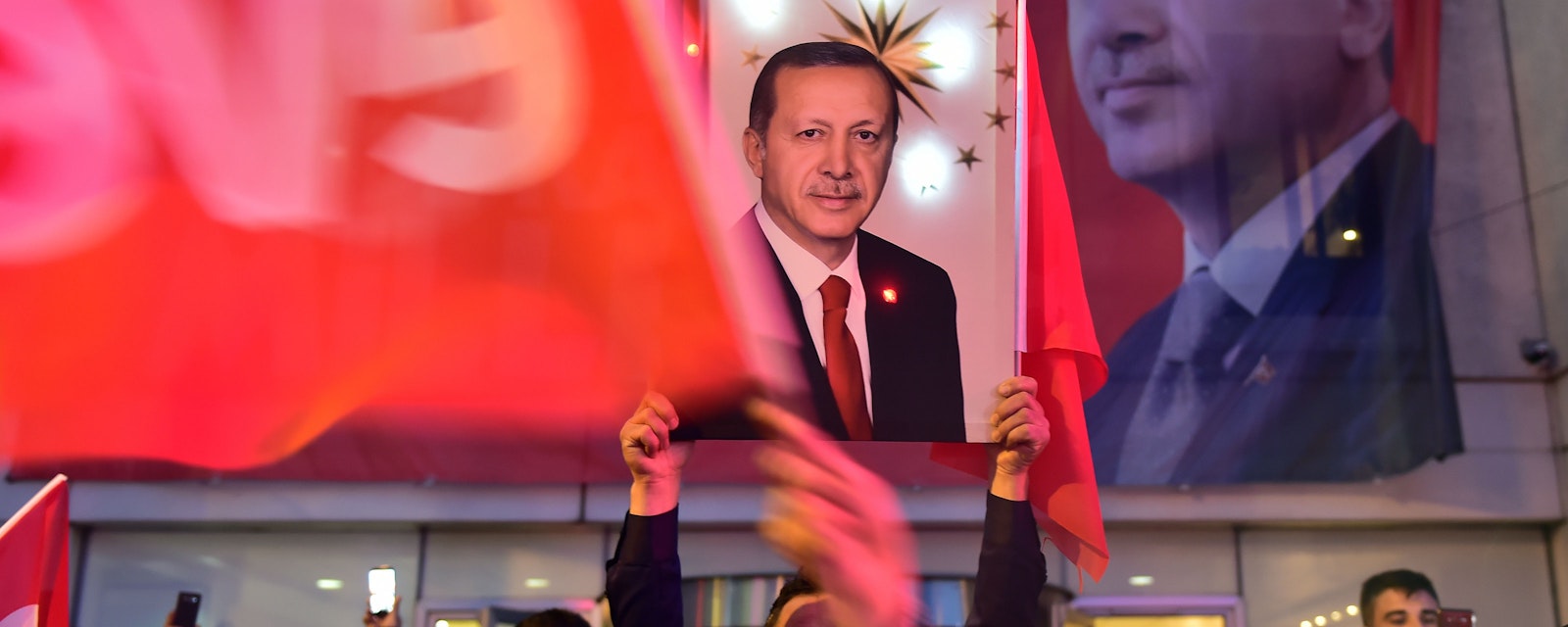Turkish President Tayyip Erdogan has announced snap presidential and parliamentary elections for 24 June 2018. The uncertainty of the country’s economic outlook and a desire to catch opposition parties off guard are probably behind the president’s change of mind. Erdogan’s likely victory is unlikely to bring political stability or be followed by the implementation of long-overdue reforms.
As recently as 6 April 2018, Erdogan had angrily dismissed rumors that the next elections, which were scheduled for November 2019, would be brought forward. The sudden change of heart came an hour after Erdogan had met with Devlet Bahceli, the leader of the Turkish ultranationalist Nationalist Action Party (MHP), which is effectively now a junior partner in a de facto coalition with Erdogan’s Justice and Development Party (AKP). Early on the morning of 17 April, during a speech to his parliamentary party, Bahceli had called for early elections on 26 August 2018. Speaking an hour later, Erdogan appeared to dismiss the call, referring three times to the elections being held on time.
Under the constitutional changes approved in a referendum in April 2017, at the next elections Turkey will transition from a parliamentary system to one in which virtually all political power is concentrated in the presidency with almost no checks or balances.
Erdogan has long argued that calling early elections is a tacit admission of failure as it implies that a government is not confident of winning on the scheduled date. He was also known to favor holding elections in 2019 as, given Turkey’s five-year presidential and parliamentary terms, it would ensure that he and the AKP were in power in October 2023 for the celebrations to mark the 100th anniversary of the foundation of the Turkish Republic.
But recent opinion polls suggest that, despite the almost total control that Erdogan now exercises over the mainstream Turkish media, his support is not increasing and may be even declining, particularly amongst younger voters. There is also a general awareness that – despite some impressive macroeconomic indicators – the Turkish economy is in trouble and is expected to deteriorate through late 2018 and into 2019.
Strategic move
Nevertheless, the abruptness of Erdogan’s announcement has come as a shock. His choice of date two months ahead of the one proposed by Bahceli appears to have been designed to catch the opposition parties off-guard. The main opposition Republican People’s Party (CHP) has yet even to draw up a short list of possible presidential candidates. The pro-Kurdish Peoples’ Democratic Party (HDP) is still trying to rebuild its organizational network after thousands of members, including the party’s co-chairs, have been imprisoned on terrorism charges. Erdogan may also have calculated that 24 June may be too early for the center-right Good Party (IP), which was only founded in October 2017, to complete all of the legal requirements to enable it to participate in the general election. However, the IP’s feisty chair Meral Aksener appears eligible to stand in the presidential election and, of the known candidates, currently appears most likely to pose a challenge to Erdogan securing another term in power.
Given his control of the media and the ongoing State of Emergency, which was first introduced after the failed coup attempt of July 2016 and which allows AKP-appointed officials to ban public rallies, Erdogan is still expected to win. His political opponents are also already predicting that he will try to ensure his re-election through voter intimidation and electoral fraud. As a result, even if Erdogan wins, the elections are unlikely to bring political stability or be followed by the implementation of long overdue reforms, not least to the country’s now largely discredited justice system. If anything, given the circumstances under which the elections are likely to be held, an Erdogan victory could even exacerbate the already deep divisions in Turkish society.




